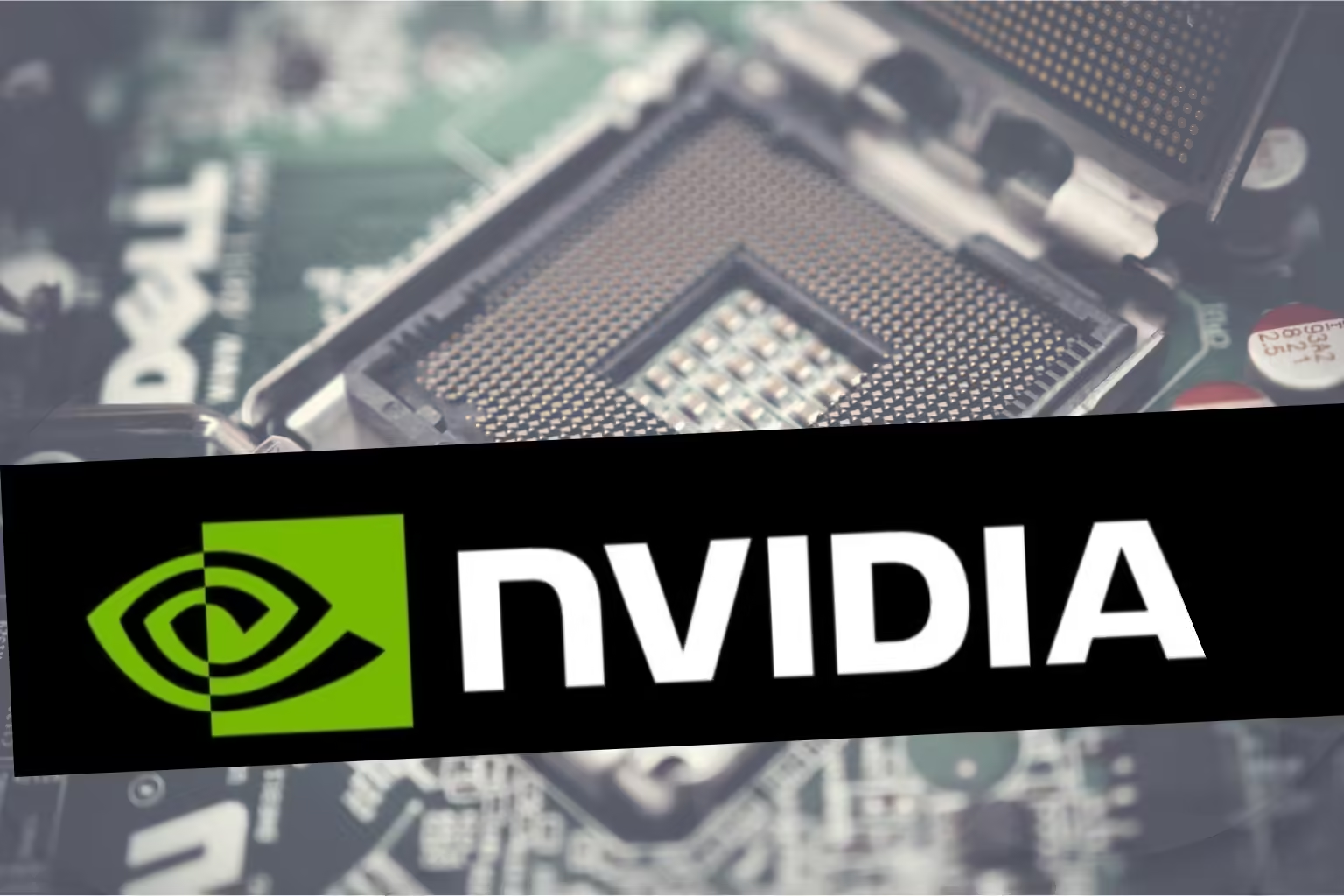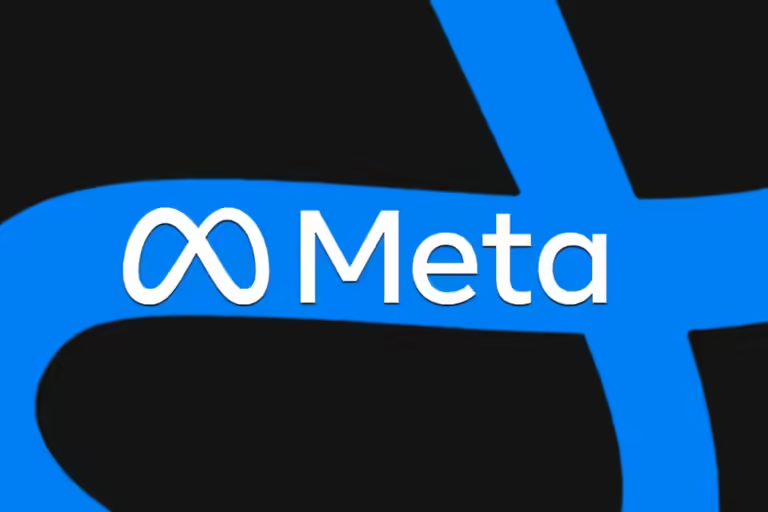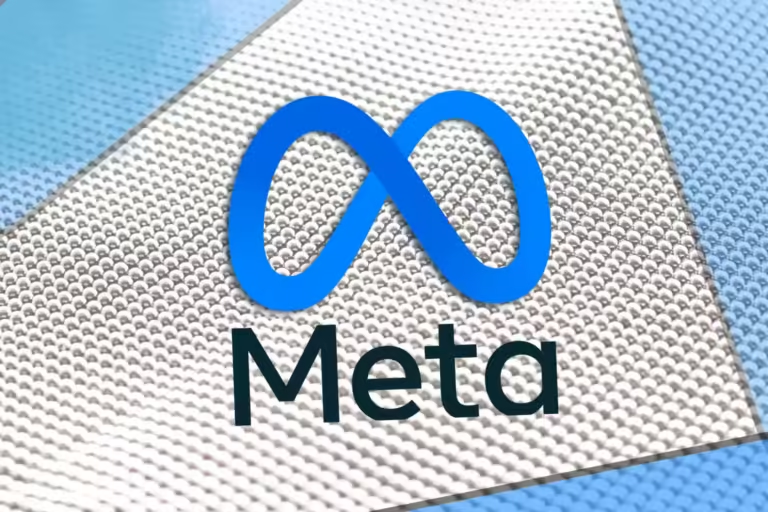
Nvidia Finalizes $700M Run:ai Acquisition Amid Global Antitrust Scrutiny
Nvidia completes its $700M acquisition of Israeli AI firm Run:ai after EU approval. This deal impacts AI infrastructure, regulatory challenges, and Nvidia’s dominance in the GPU market.
Nvidia, the biggest chipmaker, announced on Monday that it had completed its $700 million purchase of the Israeli AI company Run:ai. Without any conditions, the European Commission approved the deal in December, after looking closely at it since October for antitrust reasons.
Officials were worried that the deal might hurt competition in areas where both companies work. The investigation mainly looked into whether the deal would make Nvidia even stronger in the GPU market, which is important for AI apps.
Nearly 80% of the AI GPU market is controlled by Nvidia. This is a very important part of AI progress. The purchase made regulators worry that Nvidia might get even stronger in this area. The Commission still decided that Run:ai’s technology did not pose a major threat to the fairness of the market.
Under antitrust rules, the United States Department of Justice is continuing its investigation on the transaction. This is a development that has been seen increasingly with regulators tightening the scrutiny of purchases made by big tech firms on startup companies. The purpose is aimed at avoiding monopolistic actions and preserving innovative concepts.
Run:ai announced that it wants to make its software open source, which will make it compatible with more AI hardware than just Nvidia GPUs. In a recent blog post, the company said, “This step will make AI infrastructure development more accessible and encourage innovation.”
The deal makes Nvidia stronger in the field of AI infrastructure and pushes everyone in the industry to work together more. Nvidia wants to speed up AI research and get the most out of its GPU technology by adding Run:ai options.
Nvidia’s latest move also shows that the company is committed to staying ahead of AI technology and adapting to changes in the enforcement environment.


